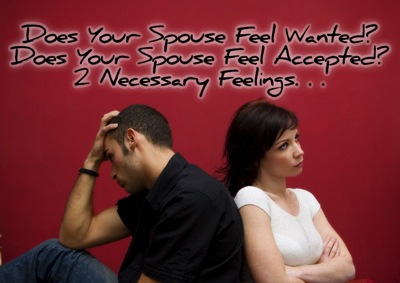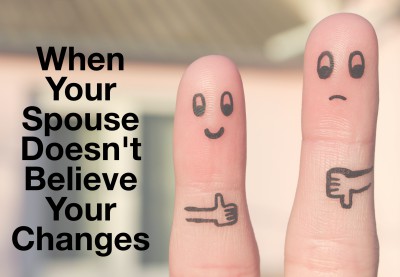“Can You Fall In Love Again?” – Listener Question
https://savethemarriage.com/stmblog/wp-content/themes/corpus/images/empty/thumbnail.jpg 150 150 Lee H. Baucom, Ph.D. Lee H. Baucom, Ph.D. https://secure.gravatar.com/avatar/669b7e375d93f77521ddaba08adb8063?s=96&d=blank&r=pg As often as possible, I like to answer listener submitted questions (you can submit YOUR question by CLICKING HERE). The reason is because if you have a question, it is very likely that someone else has the same (or very similar) question.
As often as possible, I like to answer listener submitted questions (you can submit YOUR question by CLICKING HERE). The reason is because if you have a question, it is very likely that someone else has the same (or very similar) question.
In this episode, I answer Patrick. His question is a concern that when a spouse says they fell out of love, and only feel “friends”-type care, that maybe nothing can be done. Maybe, Patrick wonders, it isn’t possible to get back to love, to return to prior feelings.
Can feelings change? Of course. They already did. Which is why you are in a crisis. At one time, you felt the love. That has shifted, and it can shift again. Our feelings and levels of connection are always fluctuating and shifting.
So, yes feelings of love CAN come back. But why did they leave? And what can you do to help them return?
I cover those questions… homing in on Patrick’s enquiry for this episode of the Save The Marriage Podcast.
RELATED RESOURCES
Connection Is Lifeblood
Healing Disconnection
Pause Button Marriage
Save The Marriage System
Podcast: Play in new window | Download
Subscribe: RSS








